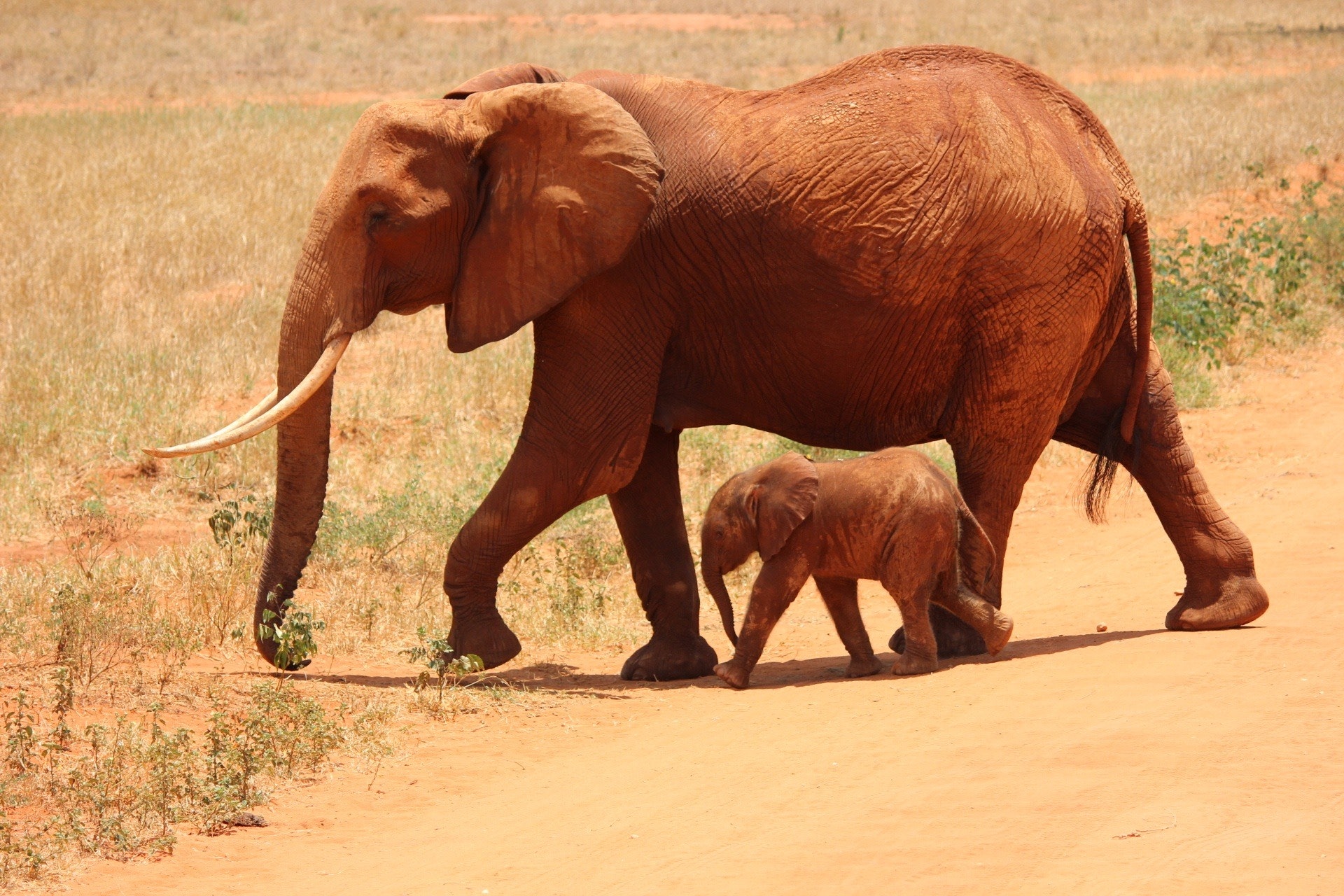With Nigeria’s elephant population teetering on the brink of collapse, the Federal Government has launched a lifeline—the 10-year National Elephant Action Plan (NEAP)—to combat the escalating poaching crisis and safeguard the nation’s wildlife legacy. This plan is crucial for protecting Nigeria’s dwindling elephant population, as well as other wildlife species that are part of our natural heritage.
These animals are often described as “ecosystem engineers” (species that shape their environment, benefiting other organisms; for instance, elephants create habitats by modifying landscapes) due to their beneficial impact on various landscapes. They disperse seeds, provide homes for other species, and contribute to the diversity of ecosystems they inhabit. However, the current elephant population in Nigeria is under significant threat due to hunting, habitat loss, and conflicts with humans. This dire situation has worsened, with the elephant population plummeting from around 1,500 to only between 300 and 400 in recent years. This alarming decline underscores the urgent need for large-scale approaches to saving these and other animal species.
The NEAP, launched by the Minister of State for Environment, Dr. Iziaq Salako, is a strategic framework designed to address these challenges proactively. The plan suggests various activities aimed at ending harmful practices such as killing elephants in the wild, selling elephant products on the black market, and restoring the habitats of these noble animals. A key strategy of the NEAP is community participation: those who live alongside wildlife must be an integral part of the conservation process. To minimize the negative impacts of human activities on elephants and their habitats, the plan aims to establish more sustainable sources of revenue and promote community conservation initiatives.
This effort is essential, and there is no doubt that the work required to achieve these goals will be significant. Elephants are not only crucial for wildlife conservation but also form a vital part of Nigeria’s natural heritage and ecological balance. With a specific focus on habitat protection, poaching control, and community involvement, the NEAP aims to integrate humans and elephants in a way that allows both to coexist peacefully.
This is a noble cause, and the Federal Government has demonstrated its support for it. By launching the NEAP, the government has shown its commitment to reversing the decline in Nigeria’s wildlife. The action plan serves not only as a blueprint for planning and tracking conservation activities but also as a guide for the coordinated efforts of all ministries, departments, NGOs, and international partners. Such a strategy is crucial for the effective implementation of the NEAP, especially as it spans multiple sectors, including education.
The NEAP also acknowledges the need for effective law enforcement and the importance of strengthening anti-poaching structures. Implemented alongside key national and international partners, the plan aims to dismantle the illegal wildlife trade networks that pose a significant threat to Nigeria’s elephants. This will be achieved through the use of modern technology, intelligence sharing, and ensuring that conservation efforts yield economic benefits.
This analysis marks a promising start towards unveiling the NEAP as a crucial step in achieving Nigeria’s goal of conserving its wildlife and natural resources. The plan provides a roadmap for progress, urging all stakeholders to take action and do more for the elephants. As stated by Sharon Ikeazor, Chairperson of the Elephant Protection Initiative Leadership Council, the success of the NEAP heavily depends on cooperation, sensitization, and awareness. Positive shifts in perceptions and practices in Nigeria could make a significant difference in implementing the action plan’s objectives and conserving elephants for future generations.
Wildlife crime and the loss of natural resources remain rampant, but the Federal Government’s action plan is a step in the right direction. The NEAP is not merely a plan; it is a lifeline for one of the most iconic and threatened species—the elephants. It represents the light at the end of the tunnel for a much brighter future for Nigeria’s biological diversity.

Leave a Reply
You must be logged in to post a comment.